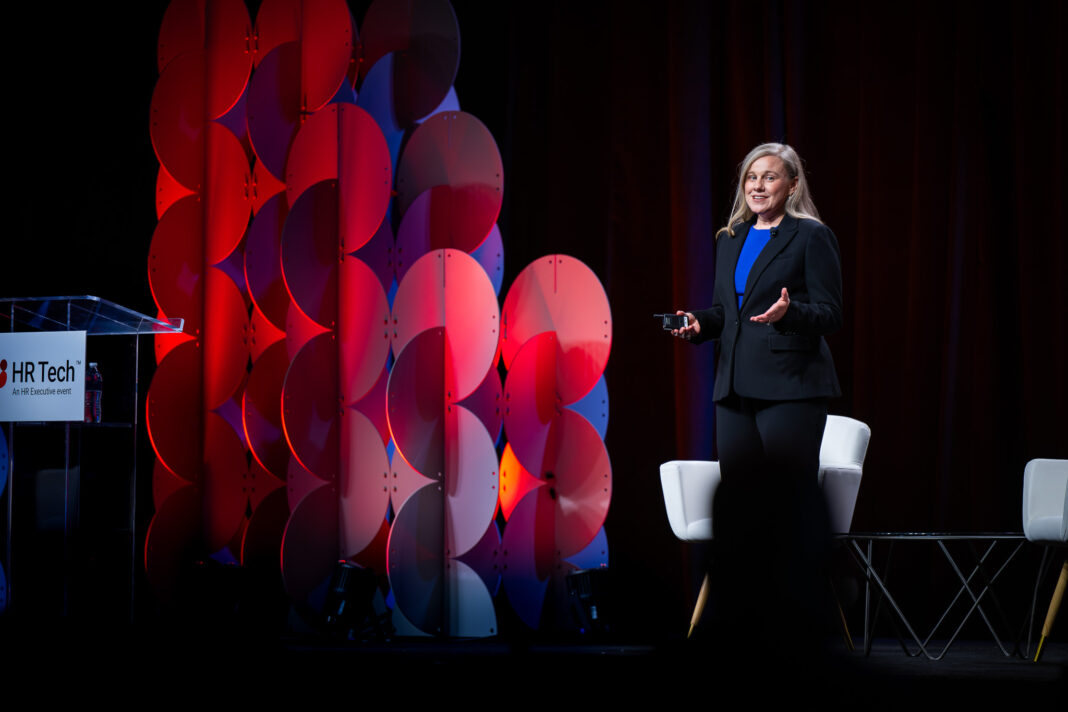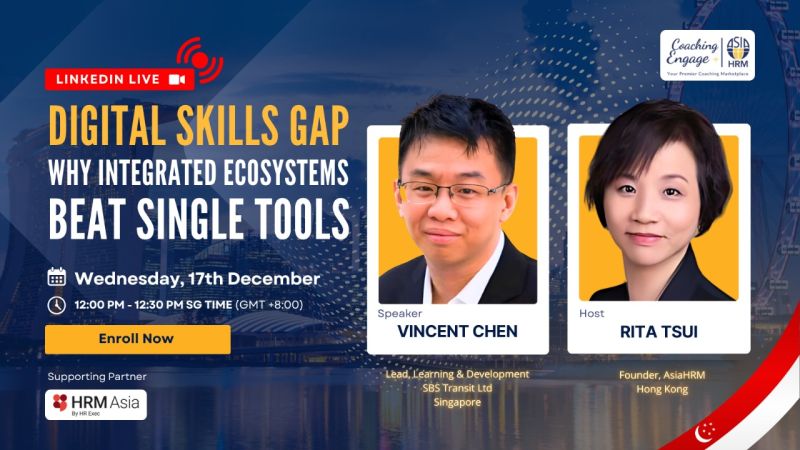Reimagining ageing: How HR leaders can foster intergenerational connection at work
- Josephine Tan

As Asia’s populations age rapidly, organisations face a critical opportunity to redefine how society values and integrates older adults. Cherry Thian, Founder of Little Changemakers, believes HR leaders are uniquely positioned to drive this change by creating workplaces that go beyond token diversity initiatives.

“A truly age-inclusive organisation goes beyond hiring policies,” Thian told HRM Asia. “It fosters a culture that encourages reflection and action on what kind of ageing experience we want for ourselves, our families, and our colleagues.”
For Thian, the journey to an age-inclusive workplace starts with meaningful interaction. She advocates for team-building activities that connect employees with seniors in the community, not as charity cases, but as co-designers of a shared future. “These are not simply volunteer efforts,” she explained. “They provide shared experiences where both seniors and employees learn from one another, discover new perspectives, and enjoy meaningful engagement.” Such initiatives prompt employees to reflect on a deeply personal question: How would I, or my parents, want to grow old?
This reflection is transformative. Thian recalled a young manager who, after spending time with a senior in a nursing home, began discussing retirement dreams with his father. “That visceral realisation, ‘This will be me in 30 years,’ is something no diversity training can replicate,” she said. These interactions foster empathy, reduce ageism, and help employees value the wisdom and experience of older colleagues.
An age-inclusive organisation, Thian argued, asks tough questions: Are current systems and infrastructure adequate to support our vision of ageing? How can we work together to improve them? HR leaders can lead by designing programmes that not only boost morale but also actively shape a better future. “What if the next team-building activity actively contributed to designing a better future for employees and their future retired selves,” Thian asked. “In many ways, we could view these interactions as beta-testing the future of ageing.”
Thian’s work at Little Changemakers demonstrates the ripple effects of intergenerational programmes. By facilitating meaningful engagement between younger employees and seniors, these initiatives rebuild social connections and spark cross-generational collaboration. “Junior employees begin to notice the wisdom of senior colleagues,” she noted. “Conversations about retirement evolve into discussions about rewiring purpose in later life.”
READ MORE: Beyond 60: Why HR holds the key to a human-centred retirement rethink
These programmes also address workplace challenges, such as empathy gaps and ageism. Employees who engage with seniors gain a deeper understanding of their contributions, from lived experiences to professional expertise. This shift in perspective fosters a more inclusive culture where older employees are valued not only for their skills but also for their unique insights.
Moreover, Thian sees these interactions as a creativity opportunity. “The same skills employees use to prototype apps can be applied to design better retirement villages,” she said. “The same customer journey maps can be used to reimagine employee lifecycles that extend to 100 years old.” By framing ageing as a design challenge, organisations can tap into employees’ problem-solving skills to innovate for the future.
The future of business and community
As corporate purpose evolves, Thian envisions a deeper integration of business and community over the next 5-10 years. “Meaningful ageing cannot occur without community,” she emphasised. “It requires spaces where seniors and younger generations engage in reciprocal learning and connection, benefiting all involved.” Her corporate social responsibility (CSR) management service lowers barriers for organisations by handling the design and logistics of intergenerational programmes, allowing teams to focus on creating positive memories and lasting impact.
Thian is optimistic about the future, particularly the enthusiasm of younger employees and leaders. “We curate experiences that lay the foundation for long-term change,” she said. “By framing ageing as a collaborative and creative opportunity, we are working towards a future where growing old is not feared but welcomed as a stage of life rich with purpose and potential.”
HR leaders have the power to shape workplaces that value older adults, reduce ageism, and prepare for a future where longevity is an asset. By fostering intergenerational connections, organisations can build stronger, more empathetic teams ready to innovate for an ageing world. As Thian puts it, “Creating a better future for ourselves begins with a shift in mindset.”






